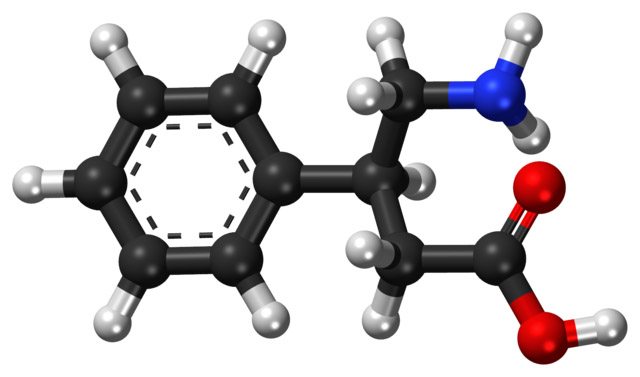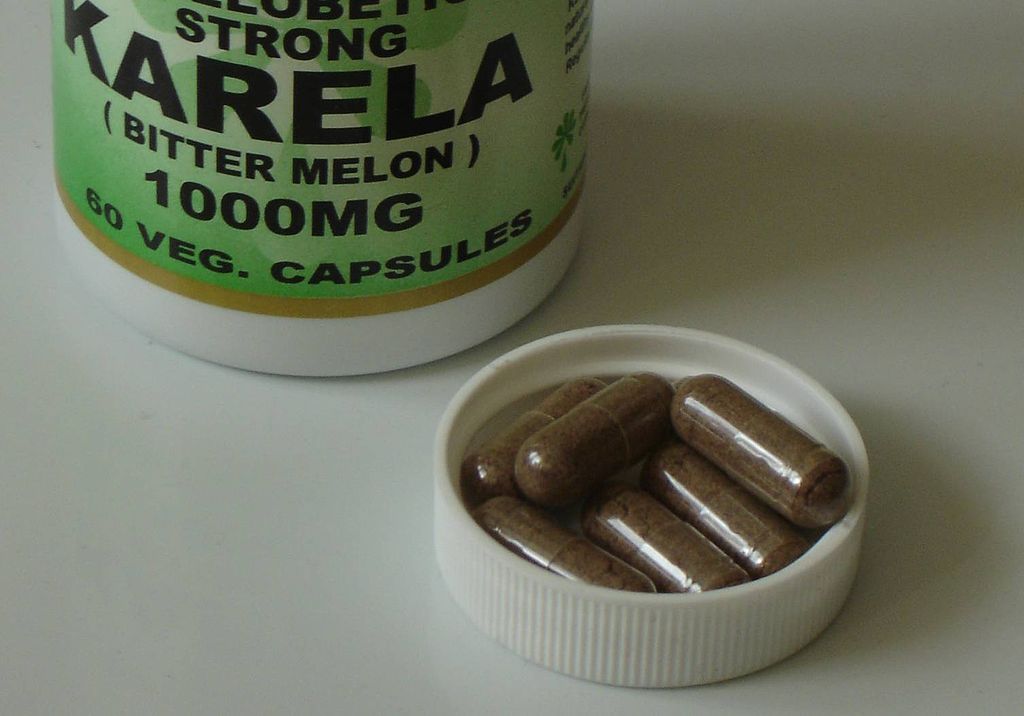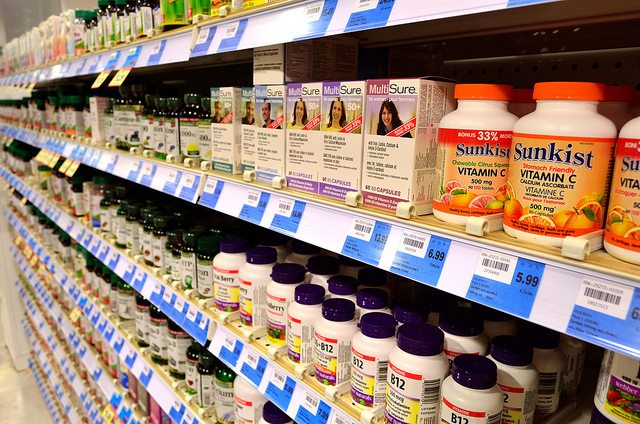Results for: dshea

Why Do Things That Are Unlikely to Harm Us Get the Most Attention?
We are very bad at assessing risk, often giving the most attention to the things that are least likely to harm us. Geoffrey Kabat's new book teaches us how to think more clearly about scientific studies of environmental health risks.

Phenibut Is Neither Proven Nor Safe As A Prosocial Wonder Drug
Editor’s note: With Mark Crislip away on yet another vacation, we present an inaugural guest post from Abby Campbell, a practicing MD, Ph.D and contributor at HealthyButSmart.com. Welcome Abby! On average for the past year, phenibut has been typed into google 49,500 times a month. Phenibut is a supposed wonder drug that claims to promote sociability and lessen anxiety. When people run...

What are health professionals telling consumers about dietary supplements?
The popularity of dietary supplements continues to grow. A few weeks ago I described how dietary supplements have become a $34 billion industry, despite the fact that there’s very little evidence to support their use. While there are absolutely some medical circumstances where specific supplements may be warranted, the vast majority of supplements are taken for general purposes, such as “wellness” or...

FTC Homeopathy Win
I love to see a regulatory agency actually do its job. Especially within medicine, where it is most important, the lack of political will seems to get in the way of properly regulating health care products and services in the way that most consumers assume they are regulated. Homeopathy is perhaps the best example. Homeopathy is pure unadulterated pseudoscience and witchcraft. There...

Supplements: Still popular despite little evidence they’re useful
As healthcare systems struggle to cope with growing and aging populations, there is renewed interest in eliminating wasteful, and possibly harmful, care. The Choosing Wisely campaign suggests that up to 30% of health care services may be unnecessary. Driven by the medical profession itself, Choosing Wisely is challenging both patients and health care providers to have an honest dialogue about the appropriateness...

Natural Health Products: Loosely regulated, little evidence of benefit, and an industry intent on preserving the status quo
This week’s post will revisit a topic I recently covered, but it’s time-sensitive and needs your input. Health Canada, the Canadian equivalent to the US Food and Drugs Administration, is considering revisions to the way in which it regulates dietary supplements, which are called “natural health products” in Canada. It is rare that a regulator acknowledges that a regulatory system isn’t working,...

Fixing the supplement market for consumers
When it comes to regulating and selling dietary supplements, should consumer interests be higher priority than those of manufacturers? While regulations are seemingly created to protect consumers, governments around the world have consistently given manufacturers the upper hand, prioritizing a company’s desire to sell a product over a consumer’s right to a marketplace with safe, effective products. Nowhere is this more the...
Kratom: another dangerous “natural” remedy
Kratom (Mitragyna speciose) is a tropical tree from Southeast Asia whose leaves are traditionally chewed or prepared as a powder. Native populations chew the leaves to reduce fatigue when doing manual labor, such as working on rubber plantations. It is also used in cultural performances and consumed as a drink prepared from kratom powder. When the Second World War caused an increase...
Supplements, Lies, and a Lengthy Transcript
On October 21, 1993, there was a hearing before the U.S. Senate Committee for Labor and Human Resources, with the long-winded title: Examining How the Federal Government Should Regulate the Marketing and Use of Dietary Supplements and Related Measures, Including S. 784, To Strengthen Federal Standards with Respect To Dietary Supplements. S. 784, sponsored by Sen. Orrin Hatch, would eventually be enacted...

Where science meets supplements
The use of supplements is, for most people, not supported by science. There is little consumer protection, even less evidence of benefit, and even some evidence of harm.

